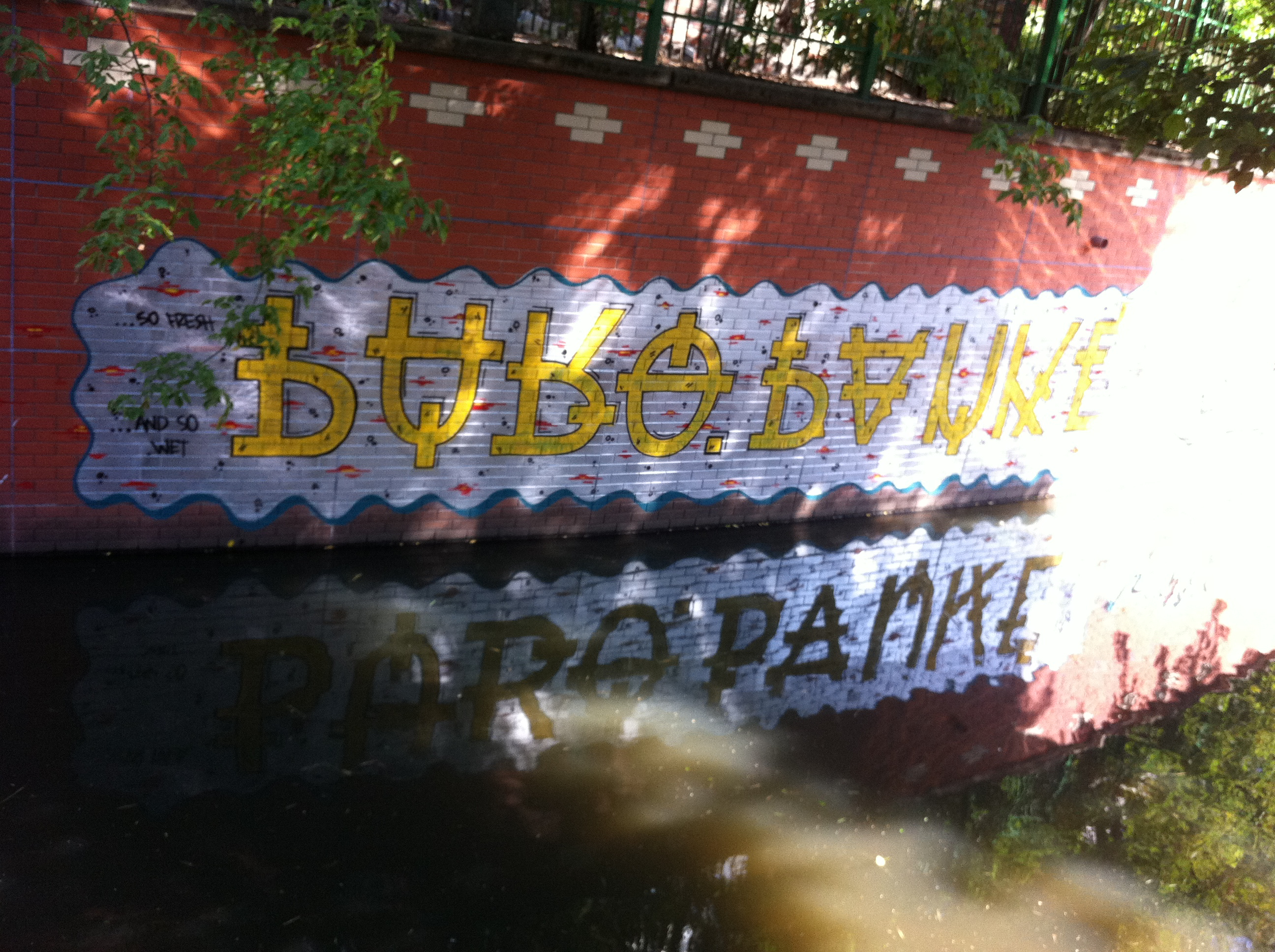Editorial

The Author Multiple: Reflections on a One Week Lorentz-Workshop on Authorship in Transition
by Alex Rushforth, Sarah de Rijcke, Anne Beaulieu, Paul Wouters, Ruth Müller, Matt Burton, Saskia de Vries, Maarten Derksen, Patricia Faasse, Michele Garfinkel, Tjitske Holtrop, Bjorn Hammarfelt, Lynn Kamerlin, Vincent Larivière, Tara McPherson, Frank Miedema, Philippe Mongeon, Adèle Paul-Hus, David Pontille, Ed Simons, Susanne van Weelden, Joris van Zundert, Dorte Henriksen, Wolfgang Kaltenbrunner, Marlieke Kieboom & Lisette van Kalshoven
Caring for Participation in STS: From Empowered Patients to Ghostbusters
by Karen Dam Nielsen
Quantifying the Body and Health: Adding to the Buzz?
by Michael Penkler
Household Energy Consumption. Reflections from an EASST 2014 Panel
by Luis Junqueira
Zigzagging between Trust and Social Institutions
by Simone Belli
Obituary: Stefan Beck (1960-2015)
by Tanja Bogusz & Estrid Sørensen